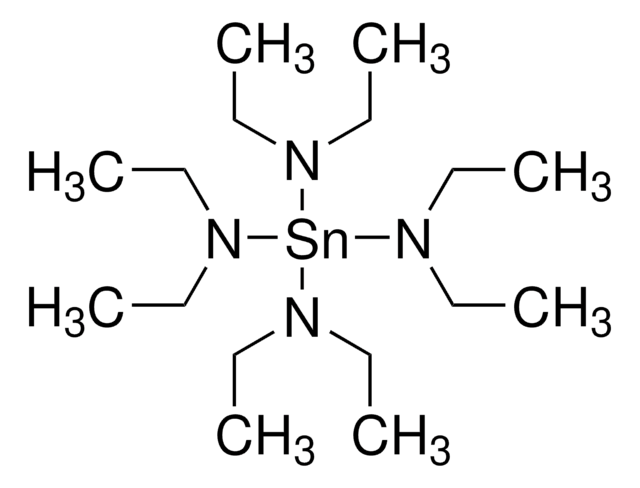366331
Trimethyl(phenyl)tin
98%
Synonym(s):
Phenyltrimethylstannane, Phenyltrimethyltin, Trimethylmonophenyltin, Trimethylphenylstannane, Trimethylstannylbenzene
About This Item
Recommended Products
Assay
98%
form
liquid
reaction suitability
core: tin
refractive index
n20/D 1.5357 (lit.)
bp
88 °C/16 mmHg (lit.)
mp
−51 °C (lit.)
density
1.327 g/mL at 25 °C (lit.)
SMILES string
C[Sn](C)(C)c1ccccc1
InChI
1S/C6H5.3CH3.Sn/c1-2-4-6-5-3-1;;;;/h1-5H;3*1H3;
InChI key
COHOGNZHAUOXPA-UHFFFAOYSA-N
General description
Signal Word
Danger
Hazard Statements
Precautionary Statements
Hazard Classifications
Acute Tox. 1 Dermal - Acute Tox. 1 Inhalation - Acute Tox. 2 Oral - Aquatic Acute 1 - Aquatic Chronic 1
Storage Class Code
6.1A - Combustible acute toxic Cat. 1 and 2 / very toxic hazardous materials
WGK
WGK 2
Flash Point(F)
168.8 °F - closed cup
Flash Point(C)
76 °C - closed cup
Personal Protective Equipment
Choose from one of the most recent versions:
Already Own This Product?
Find documentation for the products that you have recently purchased in the Document Library.
Customers Also Viewed
Our team of scientists has experience in all areas of research including Life Science, Material Science, Chemical Synthesis, Chromatography, Analytical and many others.
Contact Technical Service
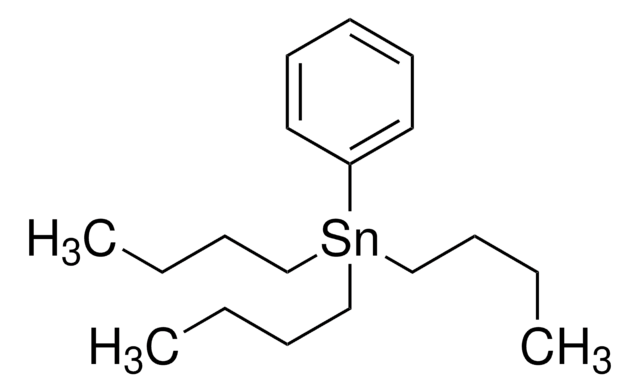

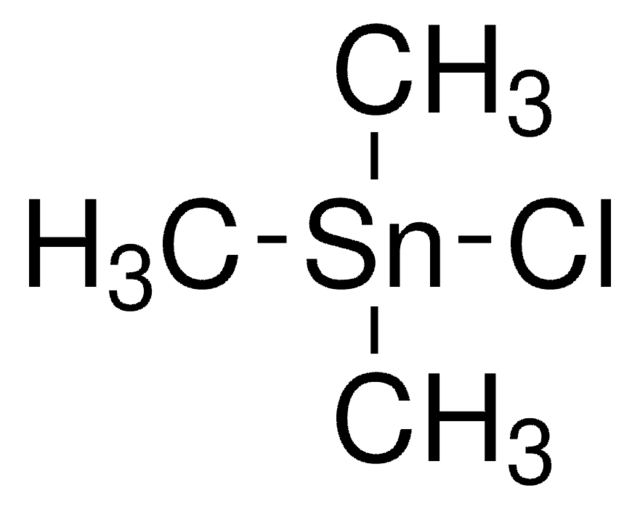

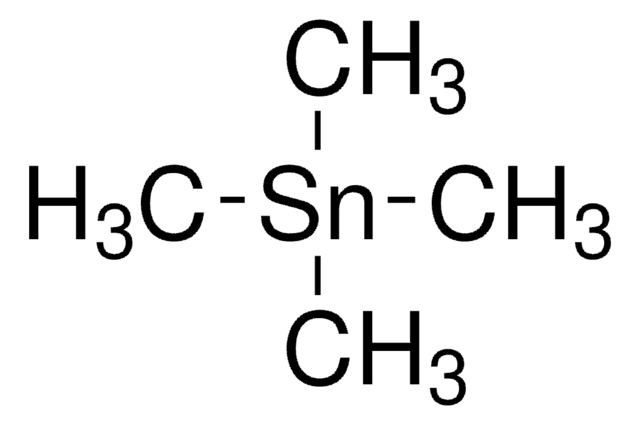
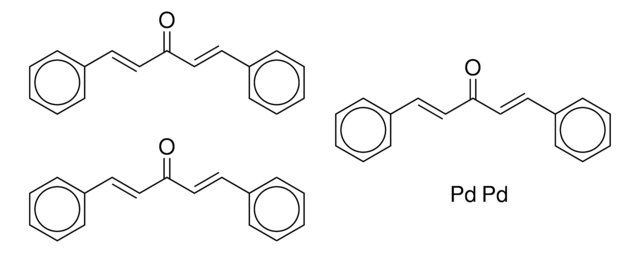
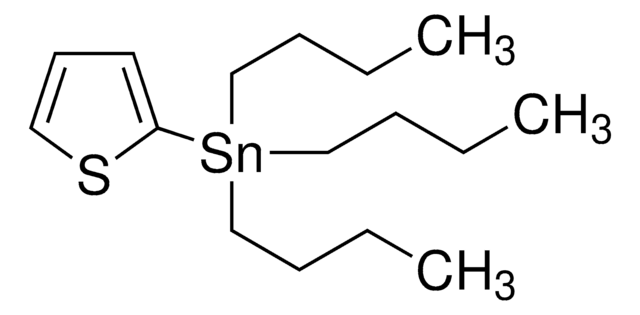
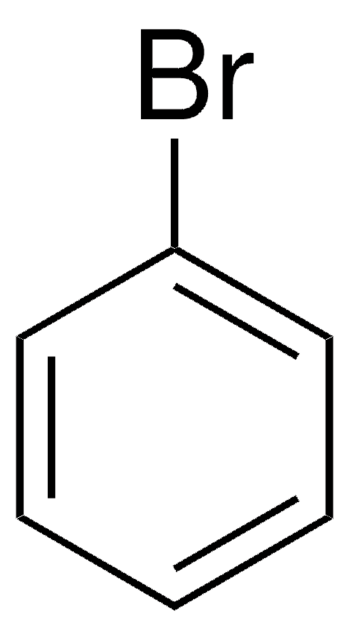


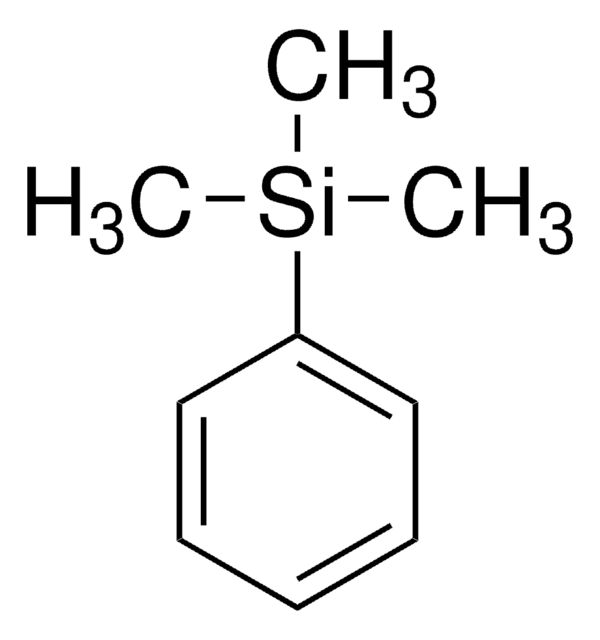
![2,5-Bis(trimethylstannyl)-thieno[3,2-b]thiophene 97%](/deepweb/assets/sigmaaldrich/product/structures/126/532/26557e94-858e-4c96-90de-ca88d84a8727/640/26557e94-858e-4c96-90de-ca88d84a8727.png)
